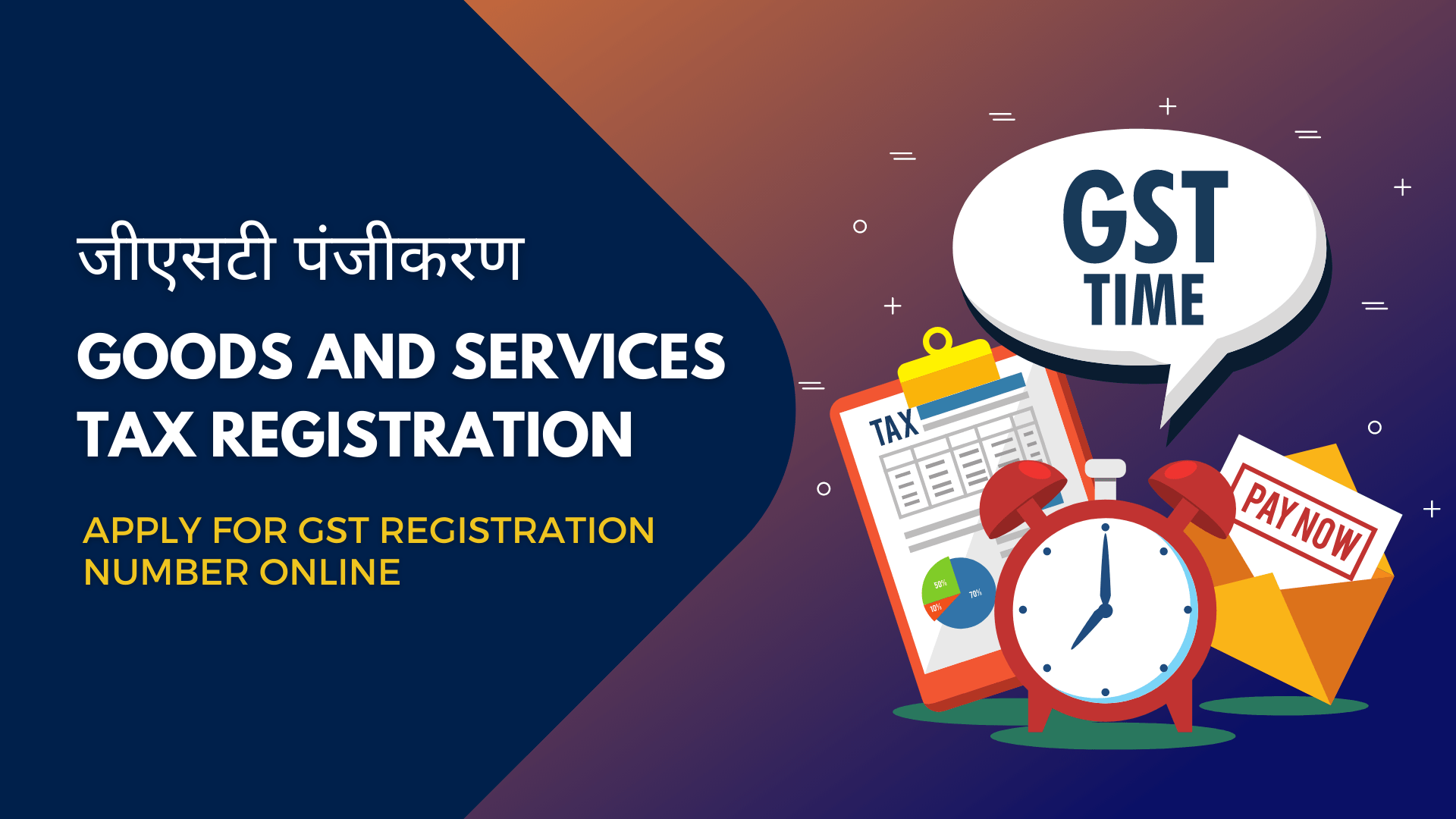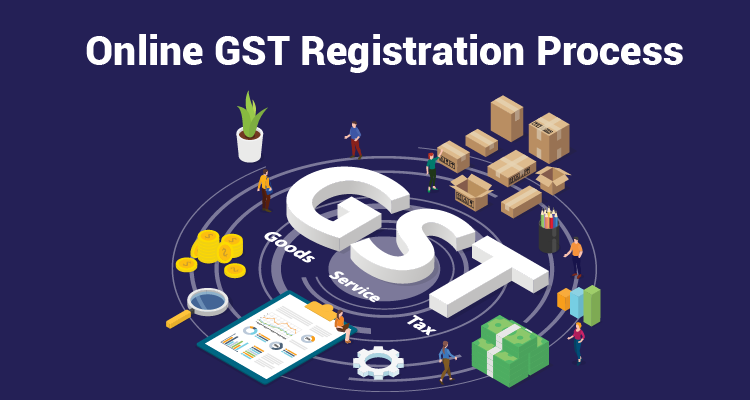Total Checklist for Reliable Singapore GST Registration
Total Checklist for Reliable Singapore GST Registration
Blog Article
Navigating the Complexities of GST Enrollment: Expert Tips and Ideal Practices for Smoother Compliance
Browsing the intricate landscape of Goods and Provider Tax Obligation (GST) enrollment demands an eager understanding of the developing regulative framework and careful attention to information. As businesses aim to ensure conformity and prevent challenges, expert advice and finest practices can act as important compass factors in this facility surface. From understanding enrollment requirements to utilizing technological devices for streamlined procedures, the trip in the direction of smoother GST conformity is diverse and nuanced. Remain tuned to discover crucial strategies and insights that can assist companies steer through the intricacies of GST enrollment with finesse and confidence.
Comprehending GST Enrollment Needs

Along with turn over limits, businesses engaging in interstate sales or giving taxed services might additionally be called for to sign up for GST, even if their turn over is below the recommended limit (Singapore GST Registration). Recognizing these requirements and limits is necessary to prevent fines and make certain smooth procedures within the legal structure
Additionally, businesses have to collect and prepare the necessary documents, such as proof of identification, address, organization consolidation, and checking account details, prior to starting the GST enrollment process. Falling short to offer exact details or meet the enrollment due dates can cause fines or various other lawful repercussions. Services must stay notified regarding the details GST registration needs applicable to their operations to preserve conformity and stay clear of prospective problems.
Organizing Essential Paperwork
Companies embarking on the GST registration process should thoroughly put together and organize the important paperwork required for entry. The crucial papers typically needed for GST registration include proof of service enrollment or incorporation, address and identity evidence of the business proprietors or companions, checking account details, proof of principal business, and consent forms. Guaranteeing that these files are readily offered and arranged can improve the enrollment process and avoid denials or hold-ups.
To successfully organize important documents, companies ought to create a centralized system for storing and categorizing the required documentation (Singapore GST Registration). Using digital storage remedies can aid maintain easy accessibility and make certain that papers are safely kept. Additionally, developing a checklist of all essential papers can act as a practical tool to track what has actually been gathered and what is still needed for entry

Leveraging Technology for Effectiveness
Enhancing functional effectiveness via technological assimilation is critical for modern organizations navigating the intricacies of GST enrollment. One of the key means technology can help in GST enrollment is through the use of automated software see this program services.
Furthermore, modern technology can help with seamless interaction with tax obligation authorities. Online websites and interaction tools enable companies to send documents, solve queries, and receive updates in a more effective fashion. This not just accelerates the enrollment process but also helps in keeping reliable and transparent communication with the appropriate authorities.
In addition, cloud-based storage space solutions provide a safe system for companies to store and gain access to their monetary information, guaranteeing compliance with GST record-keeping requirements. By streamlining information storage and automating processes, organizations can boost their total performance and precision in GST enrollment treatments.
Proactive Compliance Tracking

To make sure efficient proactive conformity tracking, businesses should establish durable interior controls, conduct periodic audits, and utilize automation tools for real-time tracking of GST purchases. Regular training sessions for staff members on GST conformity requirements can additionally help in developing a society of compliance within the company. Furthermore, involving with tax professionals or experts can provide beneficial insights and advice on click for info navigating complex GST regulations.
Engaging With Specialist Specialists
Involving experienced tax obligation experts can substantially reinforce a company's understanding and conformity with intricate GST policies. Specialist specialists bring a wide range of knowledge and experience to the table, assisting businesses browse the intricacies of GST registration easily. By leveraging their know-how, companies can guarantee exact filings, minimize the danger of mistakes, and remain up-to-date with the most recent governing changes.
When engaging with professional professionals, it is vital to choose experts with a solid track document in GST conformity (Singapore GST Registration). Search for experts that have a deep understanding of the pertinent regulations and policies, in addition to experience collaborating with organizations in your sector. Reliable communication is vital in this collaboration, so make sure to plainly specify your assumptions and establish routine touchpoints to talk about development and attend to any type of issues
Additionally, professional specialists can offer important insights and guidance on optimizing your tax strategy, recognizing potential cost-saving chances, and improving your compliance procedures. On the whole, buying professional consultancy solutions can go a lengthy means in ensuring smoother GST compliance and staying clear of pricey errors.
Conclusion
Finally, browsing the complexities of GST registration calls for a thorough understanding of the requirements, organization of crucial paperwork, leveraging innovation for efficiency, aggressive compliance tracking, and engagement with specialist specialists. By following these finest methods, companies can ensure smoother conformity with GST policies and stay clear of possible charges or fines. It is important to stay notified, aggressive, and thorough in managing GST registration to keep compliance and promote monetary honesty.
To make sure conformity with tax regulations, businesses must completely recognize the elaborate demands for GST registration. Item and Services Tax (GST) is a value-added tax obligation imposed on a lot of products and services in a nation, making it essential for organizations to register for GST to avoid lawful repercussions.Moreover, companies have to gather and prepare the required documents, such as evidence of identity, address, business unification, and financial institution account details, before initiating the GST enrollment procedure. Businesses ought to stay notified regarding the details GST registration requirements suitable to their procedures to maintain conformity and prevent prospective concerns.
The vital files generally needed for GST enrollment consist of evidence of service enrollment or see this here address, identity and incorporation proofs of the company owners or partners, financial institution account information, proof of primary place of company, and authorization forms.
Report this page